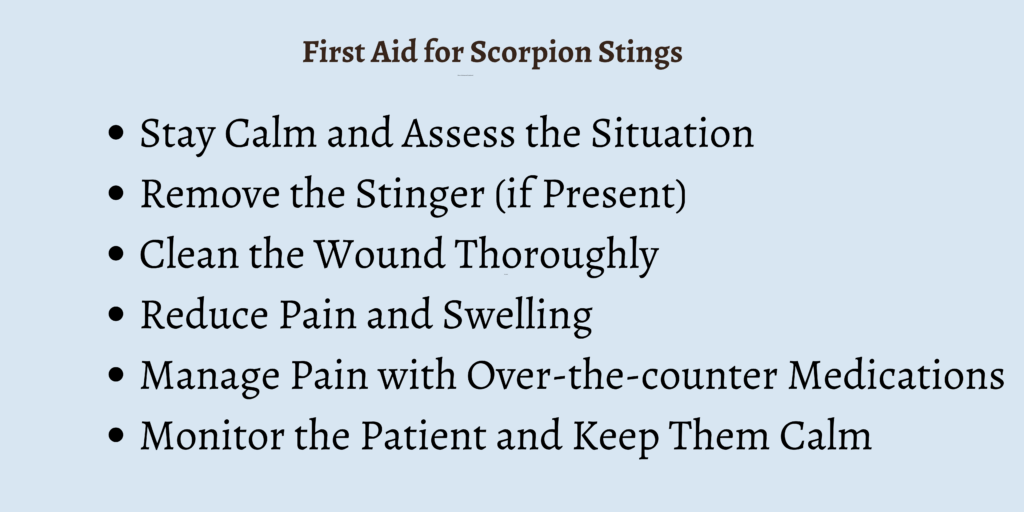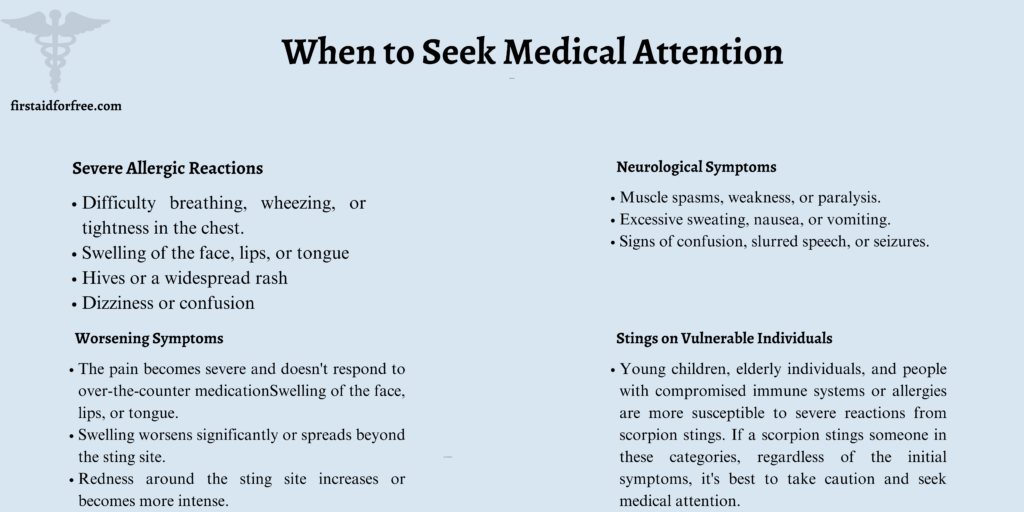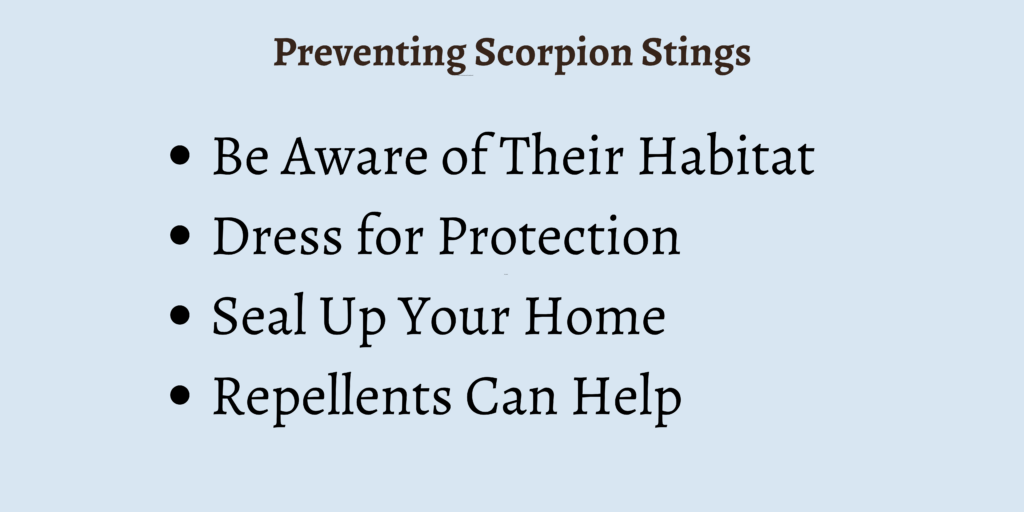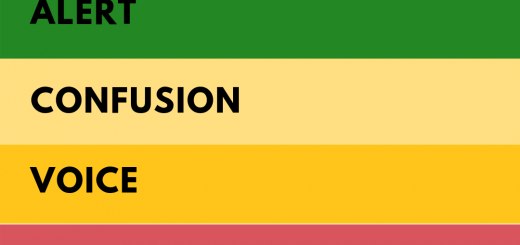First Aid for Scorpion Stings: 6 Effective Relief Tips
Scorpions, those fascinating (and sometimes frightening) arachnids, are surprisingly common around the globe. While their numbers might be high, fatalities from scorpion stings are thankfully rare. But that doesn’t mean a sting is a walk in the park! The pain, swelling, and even potential for severe reactions can definitely put a damper on your day.
So, what can you do if you or someone you know gets stung by a scorpion?
This blog is your one-stop guide to handling a scorpion sting. We’ll explore first-aid steps to take control of the situation, and even provide tips on how to keep these spiky critters at bay.
What is a Scorpion Sting?
A scorpion sting happens when a scorpion feels threatened and uses its tail to jab you with a pointed structure called a stinger. This stinger is located at the very tip of the tail and is equipped with a tiny venom sac. When the scorpion strikes, it plunges the stinger into your skin, injecting a small amount of venom.
This venom is a complex cocktail of chemicals designed to subdue the scorpion’s prey. Luckily for us, most scorpion venom isn’t strong enough to be fatal to humans. However, it can still pack a punch! The venom can irritate the sting site, causing pain, redness, and swelling. In some cases, depending on the type of scorpion and your individual reaction, the venom can have more widespread effects, impacting your nervous system and causing muscle cramps, nausea, or even difficulty breathing.
First Aid for Scorpion Stings

Getting stung by a scorpion can be a scary experience, but knowing the right first-aid steps can make a big difference. Here’s what to do if you or someone you’re with encounters a scorpion sting:
1. Stay Calm and Assess the Situation:
The first priority is to ensure your safety and the safety of others around you. Look for the scorpion and carefully remove yourself from the area to avoid further stings. Remember, a calm and clear head makes better decisions.
2. Remove the Stinger (if Present):
Sometimes, the scorpion’s stinger might remain lodged in the skin. If you see it, carefully remove it using tweezers. Don’t squeeze the stinger, as this can push more venom into the wound. If you don’t have tweezers, you can gently scrape it off with a blunt object.
3. Clean the Wound Thoroughly:
Wash the sting site with soap and clean water for at least 20 seconds. This helps remove any dirt or debris and reduces the risk of infection.
4. Reduce Pain and Swelling:
Scorpion stings are often painful and cause localized swelling. Here are some ways to manage these symptoms:
- Apply a Cold Compress: Wrap ice cubes in a clean cloth and apply it to the sting site for 10-15 minutes at a time. Repeat this process every few hours for the first 24 hours.
- Elevate the Sting Site: If possible, elevate the stung limb above the heart to help reduce swelling.
5. Manage Pain with Over-the-counter Medications:
Pain relievers like acetaminophen or ibuprofen can help manage the discomfort caused by the sting. It’s crucial to consult with a pharmacist before administering any medication, especially for children or people with underlying health conditions.
6. Monitor the Patient and Keep Them Calm:
Keep a close eye on the person who was stung, especially in the first few hours. Watch for any worsening symptoms, such as difficulty breathing, severe pain, or muscle weakness. It’s important to keep the patient calm and comfortable, as anxiety can worsen some symptoms, like hyperventilation.
Remember, these are just initial first-aid steps. If the sting is severe or if symptoms worsen at any point, seeking immediate medical attention is crucial.
When to Seek Medical Attention

While most scorpion stings are uncomfortable but not life-threatening, there are situations where seeking immediate medical attention is critical. Here’s a breakdown of when to head to the emergency room or call for help:
1. Severe Allergic Reactions:
If you or the person stung experiences signs of a severe allergic reaction, don’t hesitate – to call emergency services immediately. Symptoms to watch out for include:
- Difficulty breathing, wheezing, or tightness in the chest.
- Swelling of the face, lips, or tongue.
- Hives or a widespread rash.
- Dizziness or confusion.
2. Worsening Symptoms:
Even if the initial sting seems mild, keep an eye on the affected area for any signs of worsening. Seek medical attention if:
- The pain becomes severe and doesn’t respond to over-the-counter medication.
- Swelling worsens significantly or spreads beyond the sting site.
- Redness around the sting site increases or becomes more intense.
3. Neurological Symptoms:
Scorpion venom can affect the nervous system in some cases. If you experience any of the following symptoms after a sting, get medical help immediately:
- Muscle spasms, weakness, or paralysis.
- Excessive sweating, nausea, or vomiting.
- Signs of confusion, slurred speech, or seizures.
4. Stings on Vulnerable Individuals:
Young children, elderly individuals, and people with compromised immune systems or allergies are more susceptible to severe reactions from scorpion stings. If a scorpion stings someone in these categories, regardless of the initial symptoms, it’s best to take caution and seek medical attention.
5. When in Doubt, Get Checked Out:
If you’re unsure about the severity of a scorpion sting or the symptoms you’re experiencing, it’s always better to be safe than sorry. Don’t hesitate to call your local poison control center or head to the emergency room for professional evaluation and treatment.
Remember, early intervention can make a significant difference in managing a scorpion sting and preventing potential complications.
Preventing Scorpion Stings

Living in scorpion-prone areas doesn’t mean you have to live in fear of stings. Here are some simple steps you can take to significantly reduce your risk:
- Be Aware of Their Habitat: Scorpions love to hide in dark, secluded areas. They’re often found under rocks, piles of wood, or debris. Be cautious when exploring these environments, especially at night when scorpions are most active.
- Dress for Protection: When venturing outdoors in scorpion territory, wear long pants, sturdy shoes, and long-sleeved shirts. This creates a barrier between you and potential stingers.
- Seal Up Your Home: Scorpions can squeeze through tiny cracks. Regularly inspect the exterior of your home for any gaps around windows, doors, or utility lines. Seal these openings to prevent scorpions from entering your living space.
- Repellents Can Help: Consider using insect repellent. However, always consult with a doctor before applying any repellent, especially to children or pregnant women.
Inspect Before You Wear: Scorpions can find their way into shoes, clothes, or bedding left outdoors. Develop the habit of shaking out your shoes and checking your clothes before putting them on, especially after storing them in areas where scorpions are frequent.
FAQs
Are all scorpion stings dangerous?
No, most scorpion stings are painful but not life-threatening. However, some species have more potent venom, and young children or those with allergies are more at risk.
What should I do if I get stung by a scorpion?
Stay calm, remove the stinger (if present), clean the wound, and apply a cold compress. Monitor for worsening symptoms and seek medical attention if needed.
How can I prevent scorpion stings?
Wear protective clothing outdoors, seal cracks around your home, and be aware of scorpion habitats. Also, check shoes and clothes before you put them on.





